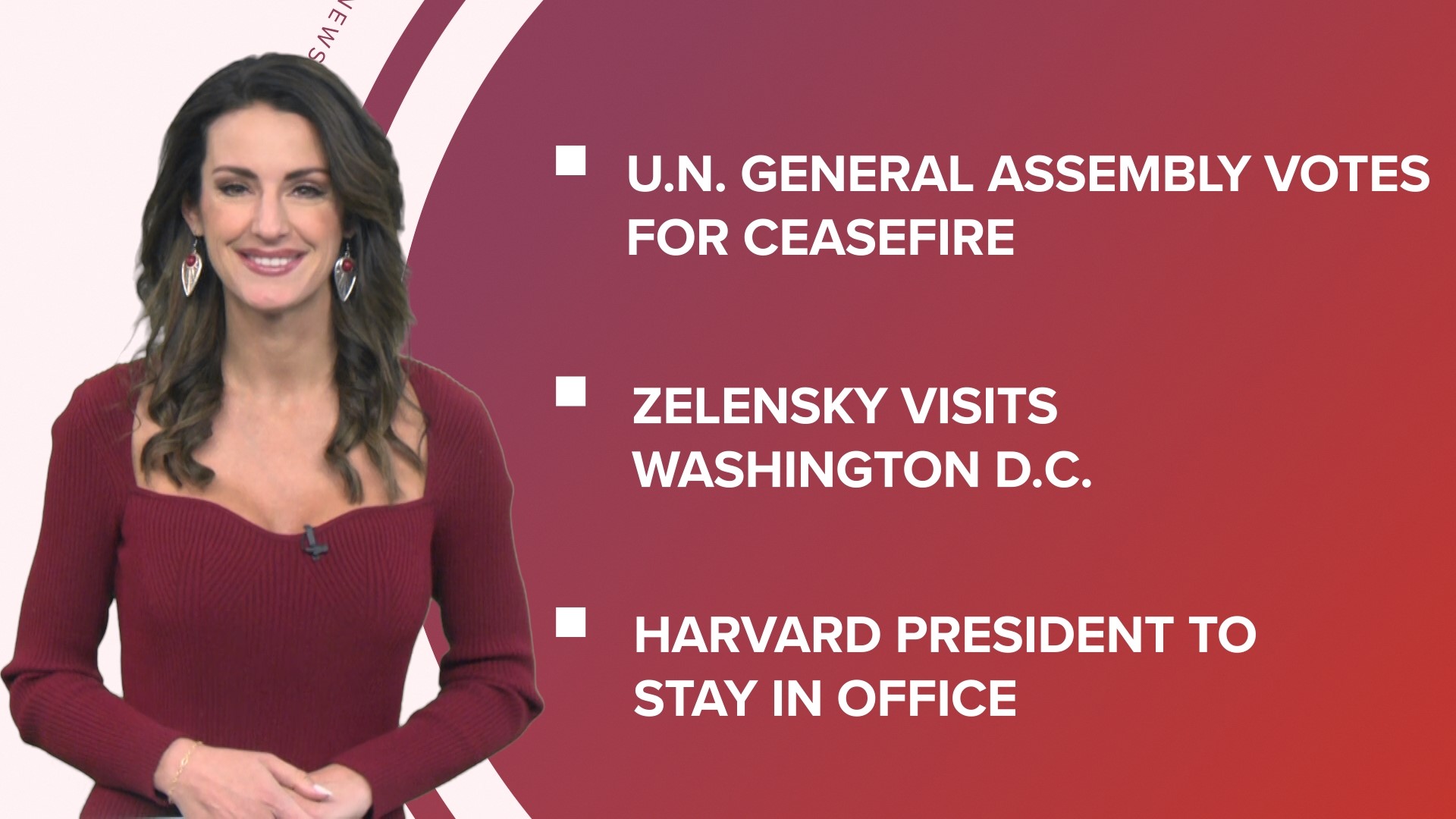FOLSOM, Calif. — The Center For African Peace and Conflict Resolution (CAPCR) at Sacramento State will celebrate California State Prison, Sacramento (New Folsom), prisoners as they graduate Friday from a year-long restorative justice program.
Professors from the social work and criminal justice divisions of the university’s College of Health and Human Services weekly met in a circle of approximately 17 prisoners incarcerated for various violent crimes since February 2023 at the male-only facility to help them “make amends for the harm they caused and desist from further harmful behaviors,” according to CAPCR co-director Ernest Uwazie.
The graduation will consist of brief remarks from the prison staff, a presentation of certificates and a shared meal between the professors and prisoners, Uwazie said.
New Folsom considers the CAPCR program to be a victim-offender dialogue (VOD), according to California Department of Corrections and Rehabilitation (CDCR) spokeswoman Alia Cruz. VOD programs are victim-centered, offender-sensitive and typically involve victims or their surviving family members, Cruz said.
“VOD and restorative justice programs, like the one that serves (New Folsom), are a crucial component in the victim-centered services provided by CDCR to crime victims,” said Mike Young, the assistant chief for the CDCR’s Office of Victim and Survivor Rights and Services.
Young said programs, like the CAPCR’s, promote victim healing and opportunity in the criminal justice process.
Uwazie said the CAPCR program comprises key restorative justice concepts, including trauma, communication, accountability, apologies, remorse, forgiveness of themselves and others and justice for their victim. There are also exercises to manage triggers, according to Uwazie.
“The inmates achieve mental and cognitive recognitions (and) responsibility of their harm,” Uwazie said. “(They) adopt effective conflict resolution skills, express remorse and willingness for accountability.”
The program also aims to teach prisoners how to manage stress during incarceration, according to Alexa Sardina, the CAPCR’s other co-director. The program employs a variety of center-developed lectures, readings, group discussions, role plays and homework, Uwazie said.
The final week of the course centers on apology letters to their family or the person or people they harmed, according to the CAPCR.
“We help them write and re-write their letters,” Sardina said. “They receive feedback from us and from each other until they believe that they have communicated a sincere, authentic apology.”
Those letters are then reviewed for submission to the Accountability Letter Bank on the CDCR website for a survivor to retrieve should they choose to, Sardina said.
The CAPCR provided ABC10 with excerpts of prisoners’ letters that were a product of the year-long restorative justice circles:
- “If ever you read this letter, but please bare with me because it’s not easy for me either. I hurted you and your family. I am so very sorry for causing you so much pain, trauma, and giving you everlasting experience of pain.”
- “Since I have joined VOMS (victim-offender mediation seminar) I have learned more things about myself. I have learned about the power of language and basic communication styles and effects. I have focused on the harm I have caused to the victims and the community. I have taken time to be proactive to help repair the harm I have caused.”
- “I am grateful for learning about accountability which involved taking responsibility for our behavior, being willing to take and face personal responsibility for these choices, actions and behavior and being forthcoming about mistakes.”
David Constante, the CAPCR’s program manager, said it aims to instill self-compassion, which he thinks is “a powerful catapult to take us to higher levels of consciousness.”
“We manifest a non-judgmental climate where the group’s synergy can take place, inviting by modeling authenticity, honesty and courage to be ‘oneself,’” said
CDCR funds the CAPCR’s restorative justice program through grants, both organizations said.
Eligible nonprofit organizations whose established programs have “demonstrated success” are those currently offering dialogues and programs in correctional settings at New Folsom, according to the CDCR.
The CAPCR was established in 1996 at Sacramento State to provide conflict resolution and reconciliation services for a variety of organizations through training, education, research and intervention, according to the university website. It develops its own curriculum and provides training on mediation, negotiation and arbitration for organizations both in the United States and Africa.

















